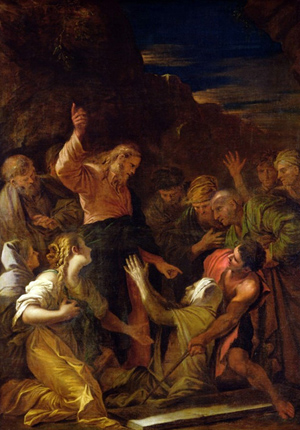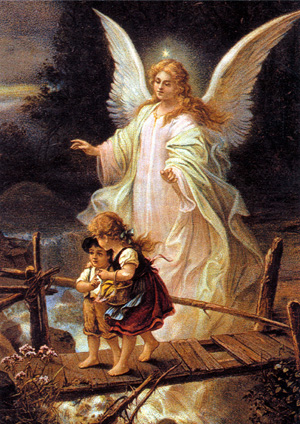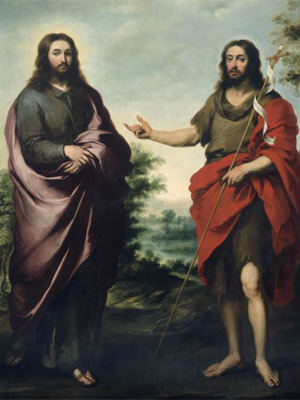Scripture:
Reflection:

When I read today’s Gospel, I think of and am struck by the faith of the leper. In his despair, in his loneliness, his aloneness, in his impossibly difficult situation, he seeks out the Lord, kneels before Him, and asks in faith to be made clean. And the Lord in His mercy and love, heals him. The leper’s request was no small ask. His healing would transform his life, his relationships, his very existence. Shouldn’t we approach the Lord with the same faith and desire as the leper?
In the Gospels Jesus speaks much to us about faith. “Go, your faith has saved you”, He says after performing so many of His healing miracles. ( eg:Mt 9:22 ) He also tells us we can move mountains if we have faith the size of a mustard seed (Mt 17:20 ). How strongly the Lord calls on us to have faith. We try, and when things are going along smoothly our faith can seem strong. Then when difficulty comes, when we are really struggling, our faith can falter.
Do we truly believe in all the Lord can accomplish in our life? That we can be healed or grow in virtue in an area of our life we never thought possible. That a loved one can return to the faith or that we can be reconciled with a family member or friend we haven’t talked to in forever. Do we believe Our Lord is present in the deep divisions in our country or in the isolation we are currently experiencing in the pandemic? Our Lord asks us to be like the leper. To trust in faith all He can do in our lives.
The Eucharist is the source and summit of our Catholic faith and the mass gives us a beautiful moment to become like the leper in our faith, in our desire to be made clean, and in our plea before the Lord. On our knees as the priest holds up the host, believing in the Lord’s presence in the sacrament we are about to receive we say, “Lord I am not worthy that you should enter under my roof”. About 5 or so years ago, after completing that prayer, I began to add in silence the prayer of the leper…..”Lord, if you wish, you can make me clean”. I then proceed in faith to the altar to receive the Lord in the Eucharist, trusting He alone can heal me. He alone can transform me. He alone can save our world.
Steve Walsh is a retreatant at Mater Dolorosa Retreat Center in Sierra Madre, and a good friend of the Passionist Community.







